Reflections on the 2018 People and Forests Forum (Report)
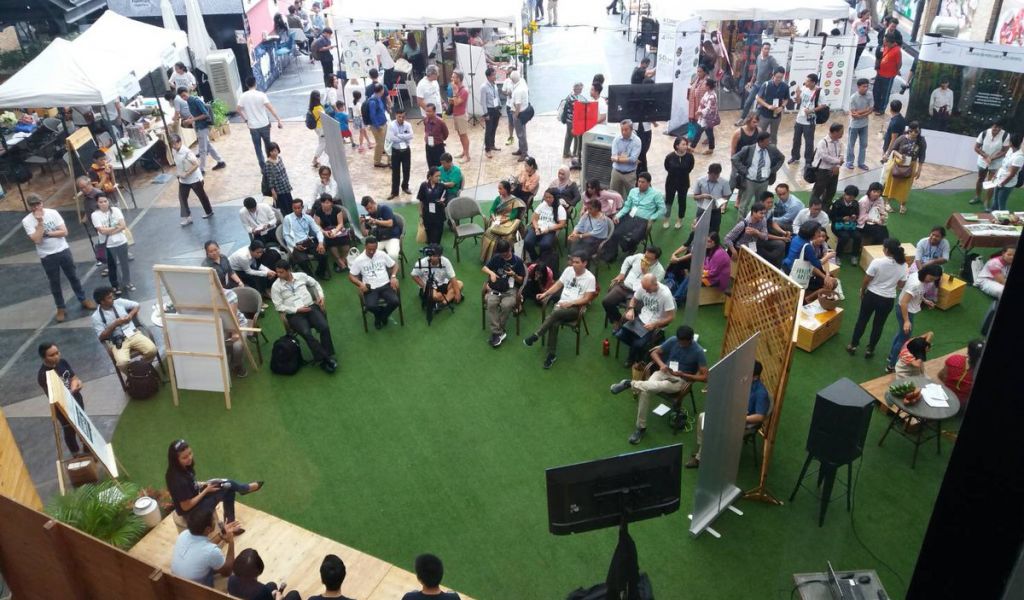
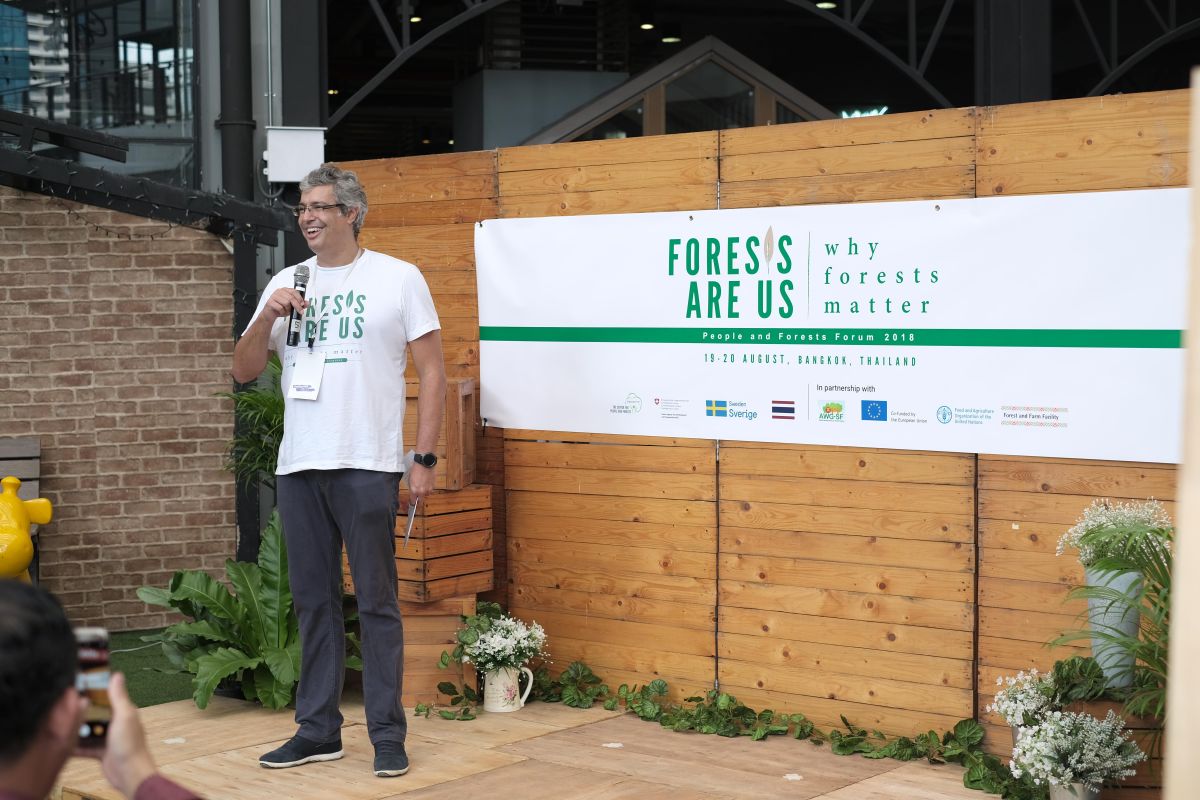
“HOW DO WE RECONNECT THE DOTS?” This was the question posed by Dr David Ganz, Executive Director of RECOFTC – The Center for People and Forests on Monday, August 20 at People and Forests Forum 2018. The forum, entitled, “Forests are Us: Why Forests Matter,” was a moment for Southeast Asian regional communities, stakeholders, businesspeople, and residents to come together and share why forests matter to them and promote their solutions to barriers to sustainable forest management.
With an emphasis on empowering local communities, the People and Forests Forum provided one of many resources for individuals to remind themselves of the importance of responsible and sustainable forest governance. By the end of the event, participants had shared a number of perspectives and action plans to engage with their communities and to connect with those beyond urban centers. Through a series of “forest talks”, performances, a community market, and interaction between community representatives, the forum served as a space for all to share their ideas and contribute towards actionable discussion of forest management.
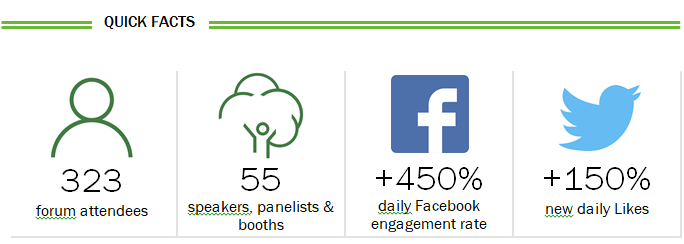
This year’s People and Forest Forum showed strong attendance and ample participation, both in-person and online. Over 300 people attended across the two-day forum, and ASEAN member nations represented a majority of the attendees. A wealth of professions, vocations, and origins contributed to the robust delivery of perspectives, insights, and initiatives throughout the forum.
Forum Recap
In addition to the talks, 20 booths shaped an intricate entryway to the forum through which attendees could browse through a variety of forest-derived products, discover a number of forest community generated services, and learn how government, civil society, and NGOs all contribute towards empowering local communities in strong forest tenure. The booth presenters ranged in origin from Kathmandu, Nepal to South Sulawesi, Indonesia.
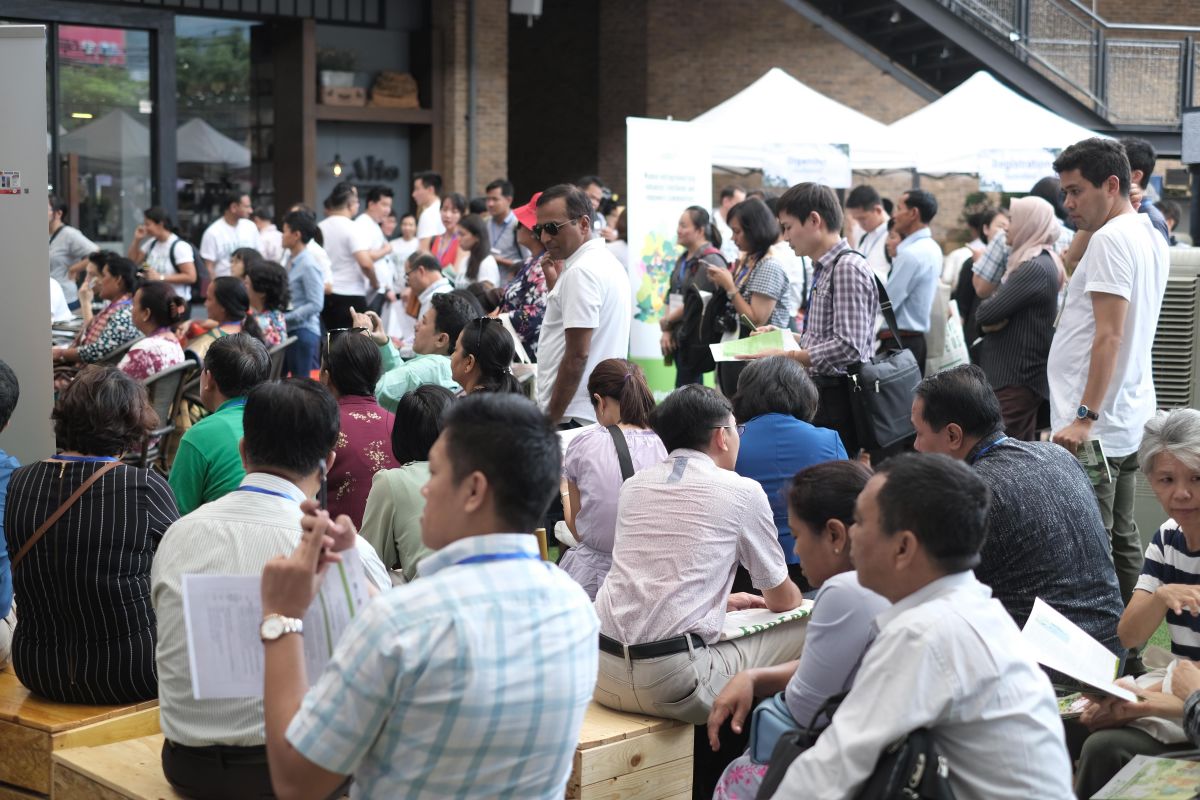
DAY 1 OF THE FORUM EMPHASIZED an organic interaction of ideas and activities. Throughout the day, ‘Forest Talks,’ presented by a series of single speaker or a panel and moderator, addressed such issues as women entrepreneurship in forest communities, the important role that indigenous people play in responsible forest governance, and raising awareness among urban communities for responsible consumption practices. Following each Forest Talk, a group of panelists treated similar themes through interactive discussion with a moderator with expertise in the field of forest governance.
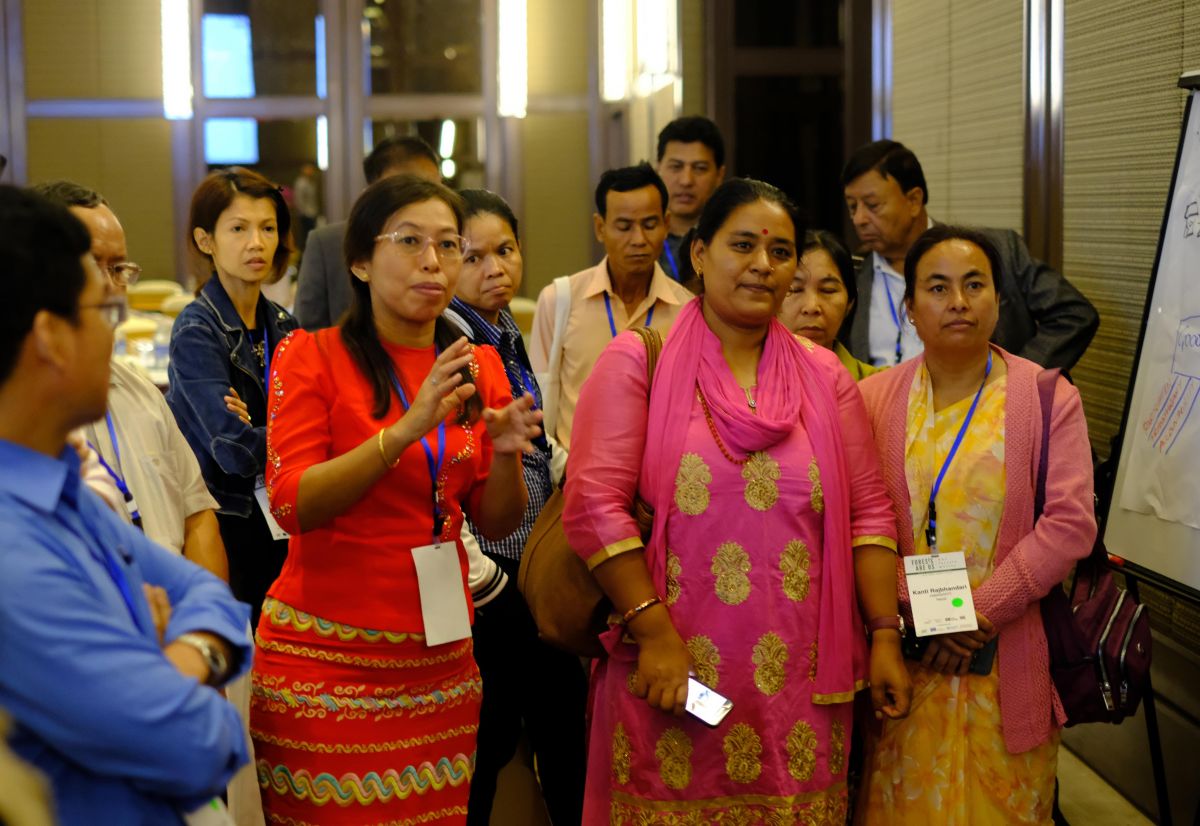
DAY 2 OF THE FORUM FEATURED A keynote address from RECOFTC’s Executive Director, Dr. David Ganz, which set a structured and optimistic tone for the day’s activities. Following a number of main-stage presentations from government representatives, community members, entrepreneurs, and youth activists, attendees participated in a series of breakout sessions. Each breakout session addressed one of the forum’s three themes – forest governance, women entrepreneurship & urban engagement – and allowed for participants to engage in back-and-forth dialogue. Both the presentations and the breakout sessions considered the significance of the United Nations’ Strategic Development Goals (SDGs) as a lens through which to view the necessity for responsible and sustainable forest governance in at the hands of local forest communities.
Upon concluding the forum, Dr. Ganz revealed RECOFTC’s 2018-2023 Strategic Plan. The Plan, entitled Resilient forest landscapes: Empowered communities, strengthened institutions and shared prosperity, emphasizes 4 focal points that will guide the Center’s work over the next 5 years: (1) Landscape Collaboration in a Changing Climate; (2) Governance, Institutions and Conflict Transformations; (3) Private Sector Engagement and Enterprising Communities; and (4) Social Inclusion, Gender Equity and Public Action.
Our Next Steps:
PEOPLE AND FORESTS FORUM WAS A GREAT STEPPING-STONE in generating attention to the importance of responsible forest governance and consumership. However, there is still plenty of work to be done. Here are some actions you can take:
(1) ENGAGE: find out what’s happening in your community and become a part of it! NGOs, civil society organizations, government organizations, and private companies all have initiatives and events that promote responsible forest governance in the hands of local communities.
(2) DISCUSS: use your voice to bring attention to the issues that you found most meaningful during the event. Connect with your friends, family, and colleagues to help them become aware of the issues that are impeding sustainable forest governance and take action to resolve them together.
(3) ENJOY: the products and services provided by responsible and sustainable forest enterprise. Being an active and informed urban consumer is one of the easiest and most direct ways you can be a part of responsible forest governance.
THANK YOU TO OUR FORUM SPONSORS & PARTNERS

